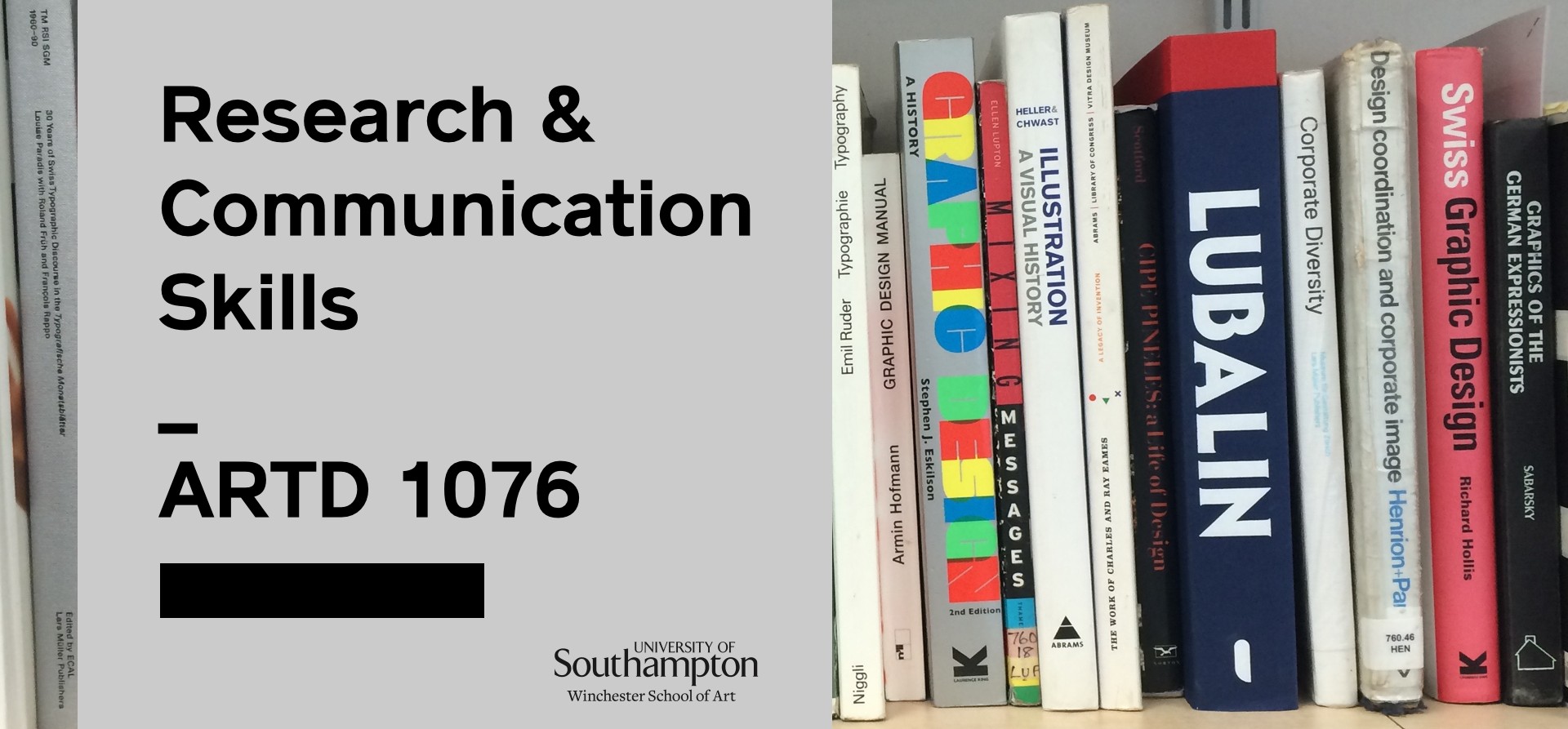Behavioural modelling is an important part of NPC development for games. Should emotive modelling be part of that development?
Incorporating real human behaviour into NPCs through human data has led to them seeming more believable and engaging, and give a larger range of outcomes than say, a decision tree. To introduce real human emotions into the mix would take up a huge amount of resources, as there are just so many different possibilities that would need to be accounted for. For example, parts of military training is often done in strategic multiplayer or single player games, where NPCs must be realistic and have to adapt to different environments and situations for the training to be effective. Even with behaviour modelling, NPCs still cannot act like a real-life enemy, but they can come close. Emotive modelling would require NPCs to act based on their mood and their attitude as a person; for example, a fearful person would not be likely to run in guns blazing. NPCs in these training exercises are not assigned a personality, and while this would be extremely challenging to implement, I believe it would add a new layer of realism to the exercise and make people think more carefully about how to approach a situation.
Consider your favourite video game. If it contains AI controlled agents how individualistic are they and their behaviours, and, how might you set about improving them?
My favourite game is Dishonored, a linear 3D stealth game developed by Arcane Studios, with many open areas involving guards and chief commanders you can take out, either by using stealth or attacking them head on. The guards are programmed to react based on your actions; if you make a loud noise they will typically question it and turn towards the sound. More impressive behaviours include the AI never forgetting that they saw you, noticing when their fellow guards aren’t at their post, and reactions to specific events, like deactivating barriers, which they will discuss with their friends.
However, in terms of individualism, the game falls flat, as almost all the guards sound, look and act the same. Killing one guard after another doesn’t feel like you’re taking on different people; it feels like you’re taking on an army of the same people. There is also a lack in variety of conversations you overhear between guards; many times, you will hear the uttering of, “Should we gather for whiskey and cigars tonight?”. Because you could hear this from any guard, it essentially removes any thought that they could have a personality.
If I were to improve them, the first thing I would do would be to create varying reactions to the same situation. For example, when a guard sees you, instead of saying the typical, “There you are!”, some guards could react in disbelief, as they are not used to anything of interest happening, or some could jump aback as if it has startled them. I feel as if this would add more of a personality to the guards and thus creating a more immersive world.

http://iieng.org/images/proceedings_pdf/3408E0314005.pdf
Spraragen, M. (n.d.). Modeling of Emotional Effects on Decision-making by Game Agents. Retirved from Science Direct: https://www.sciencedirect.com/science/article/pii/S1877050914001513
http://ieeexplore.ieee.org/abstract/document/4797516/?reload=true
https://www.gamefaqs.com/boards/636040-dishonored/64490816
https://www.reddit.com/r/dishonored/comments/1ay5e4/shall_we_gather_for_whisky_and_cigars_tonight/?st=jauhbfxh&sh=5e4aa07e
Image 1: https://cdn0.vox-cdn.com/thumbor/m7-IluUbDF3OxnmCpn5V6twLY4k=/0x0:1919×1079/1600×900/cdn0.vox-cdn.com/uploads/chorus_image/image/1507329/dishonored-polygon-hero-test-1.0.jpg
